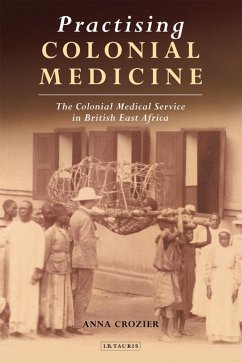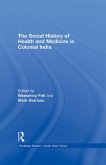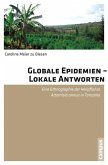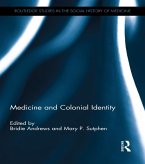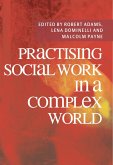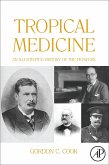The role of the Colonial Medical Service - the organisation responsible for healthcare in British overseas territories - goes to the heart of the British Colonial project. Practising Colonial Medicine is a unique study based on original sources and research into the work of doctors who served in East Africa. It shows the formulation of a distinct colonial identity based on factors of race, class, background, training and Colonial Service traditions, buttressed by professional skills and practice.
Recruitment to the Medical Service bound its members to the Colonial Service ethos exemplified by the principles of the legendary Sir Ralph Furse, head of Colonial Office recruitment to the Service. Thus the Service was to be a corps d'élite consisting of Furse's 'good men' - self-reliant, practical, conscientious, professionally qualified people whose personalities were 'such as to command the respect and trust of the native inhabitants of the colony'. Professsional qualifications were important but 'secondary to character'.
Anna Crozier analyses all aspects of recruitment, qualifications, training as well as the vital personal factors that shaped the Service's character - religion, a sense of adventure, professional interest, ideas of imperial service, family traditions, professional ties, perceptions of service to humanity and the building up of a common service mentality among colonial medical staff.
This is the first comprehensive history of the Colonial Medical Service and makes an important contribution to our understanding of the social and cultural aspects of medical history.
Recruitment to the Medical Service bound its members to the Colonial Service ethos exemplified by the principles of the legendary Sir Ralph Furse, head of Colonial Office recruitment to the Service. Thus the Service was to be a corps d'élite consisting of Furse's 'good men' - self-reliant, practical, conscientious, professionally qualified people whose personalities were 'such as to command the respect and trust of the native inhabitants of the colony'. Professsional qualifications were important but 'secondary to character'.
Anna Crozier analyses all aspects of recruitment, qualifications, training as well as the vital personal factors that shaped the Service's character - religion, a sense of adventure, professional interest, ideas of imperial service, family traditions, professional ties, perceptions of service to humanity and the building up of a common service mentality among colonial medical staff.
This is the first comprehensive history of the Colonial Medical Service and makes an important contribution to our understanding of the social and cultural aspects of medical history.

